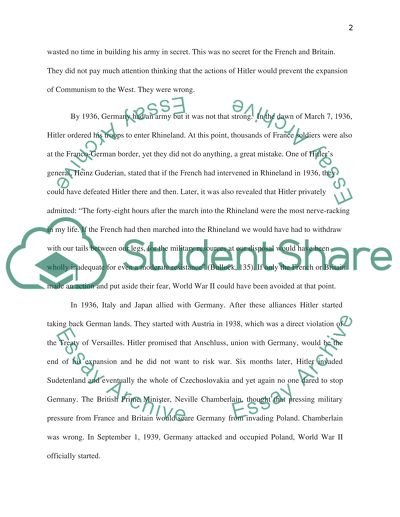Cite this document
(“World War II: Political Mistakes, Economic and Environmental Impacts Essay”, n.d.)
Retrieved from https://studentshare.org/english/1448496-world-war-ii-s-mistakes
Retrieved from https://studentshare.org/english/1448496-world-war-ii-s-mistakes
(World War II: Political Mistakes, Economic and Environmental Impacts Essay)
https://studentshare.org/english/1448496-world-war-ii-s-mistakes.
https://studentshare.org/english/1448496-world-war-ii-s-mistakes.
“World War II: Political Mistakes, Economic and Environmental Impacts Essay”, n.d. https://studentshare.org/english/1448496-world-war-ii-s-mistakes.


